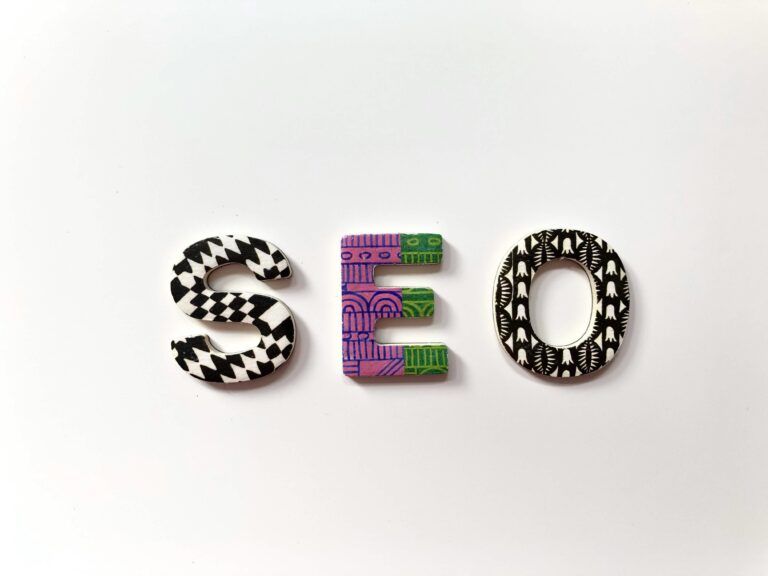When choosing a content management system (CMS), two of the most popular options are Drupal and WordPress. Both offer powerful features, flexibility, and scalability, but they serve different purposes and audiences. This comparison will help you understand their strengths, weaknesses, and which platform is best suited for your needs.
Core Features and Functionality
Drupal
- Highly customizable and scalable
- Advanced user permissions and roles
- Robust content taxonomy and structuring
- Multilingual capabilities out-of-the-box
- API-first approach for headless CMS solutions
WordPress
- User-friendly interface
- Extensive plugin ecosystem
- Large community support
- SEO-friendly by default
- Ideal for blogs and small-to-medium business websites
Performance and Speed
When it comes to performance, Drupal is known for its high speed and ability to handle large amounts of content efficiently. Its built-in caching system and optimized architecture make it an excellent choice for enterprise and high-traffic websites.
WordPress, on the other hand, requires additional optimization efforts, such as caching plugins and CDN integration, to match Drupal’s performance. However, with the right setup, WordPress can still deliver fast-loading pages and a seamless user experience.
Community Support and Resources
Both CMS platforms have extensive communities, but WordPress has a significantly larger user base. This means finding themes, plugins, tutorials, and support is easier for WordPress users. Drupal, while having a smaller community, is backed by experienced developers and enterprises who contribute high-quality modules and security updates.
Development and Maintenance Costs
Development and maintenance costs are important factors to consider when selecting a CMS, as they can significantly impact your budget.
For Drupal, a standard project with minimal custom development requires approximately 8 to 12 weeks of work and is estimated to cost between $40,000 and $60,000, with monthly maintenance costs fluctuating.
In contrast, a WordPress project typically starts at $8,000 to $10,000, with a minimum monthly maintenance cost between $500 and $1,000.
These costs assume little to no custom design, but you may want to get a quote from a professional web design agency specializing in open-source development. Keep in mind that costs can vary based on individual project requirements.
Drupal vs. WordPress: Real-Life Use Cases
Small Business Websites
WordPress is often the preferred choice for small-to-medium business websites due to its user-friendly interface, widespread usage, and easy content management capabilities. Its vast library of themes and plugins allows users to create highly customized websites without extensive development expertise.
Drupal, on the other hand, is ideal for more complex membership or community-based websites. However, its steeper learning curve and smaller community make it less accessible for beginners, making WordPress the more popular choice for most businesses.
E-Commerce Sites
Both Drupal and WordPress offer powerful e-commerce solutions.
- Drupal: Provides e-commerce modules like Commerce Kickstart, Commerce Guys, and Drupal Commerce, supporting payment gateways such as Stripe, PayPal, Authorize.net, and Braintree.
- WordPress: Popular plugins like WooCommerce, Easy Digital Downloads, and WP eCommerce make it the top choice for small-to-medium e-commerce stores. It also supports various payment gateways like Stripe, PayPal, and Braintree.
Both CMS platforms are viable for e-commerce, but WordPress is often preferred for its simplicity and extensive plugin ecosystem.
High-Traffic Websites
For high-traffic websites, performance, security, and scalability are crucial.
- Drupal: Built-in caching, optimization, and reduced page load times make it ideal for large-scale, high-traffic websites.
- WordPress: Requires additional optimization (e.g., image compression, caching plugins, and high-quality hosting) to achieve similar performance levels.
Drupal’s built-in performance features give it an edge for demanding applications, whereas WordPress users need to implement extra strategies for optimal speed.
Summing Up the Drupal vs. WordPress Debate
Both Drupal and WordPress are powerful CMS platforms, each with unique strengths.
- Drupal: Best for enterprise-level websites, government platforms, and complex web applications requiring advanced customization.
- WordPress: Ideal for blogs, small business websites, e-commerce stores, and content-heavy sites due to its user-friendly interface and extensive plugin support.
Your choice depends on your project requirements, budget, and technical expertise. Carefully evaluate your needs and priorities to make an informed decision.
Drupal or WordPress Frequently Asked Questions
1. Is WordPress easier to use than Drupal?
Yes, WordPress is much easier to use, making it ideal for beginners and non-technical users. Drupal has a steeper learning curve but offers more flexibility and advanced customization options.
2. Which CMS is more secure?
Drupal is generally considered more secure due to its strict security standards and enterprise-level security features. However, WordPress security can be improved with proper plugin selection, regular updates, and strong hosting.
3. Can I migrate from WordPress to Drupal or vice versa?
Yes, migration tools and services are available to help transition between the two CMS platforms. However, the complexity of migration depends on the size and structure of your website.
4. Which CMS is better for SEO?
Both Drupal and WordPress are SEO-friendly, but WordPress has the advantage of a vast selection of SEO plugins like Yoast SEO and All in One SEO Pack.
5. Which platform is better for a high-traffic website?
Drupal is the better choice for handling high-traffic websites due to its built-in performance optimization features. WordPress can also support high traffic with the right optimization strategies and hosting.
6. Can I build an e-commerce store with Drupal or WordPress?
Yes, both CMS platforms offer e-commerce solutions. WooCommerce makes WordPress the top choice for small-to-medium e-commerce sites, while Drupal Commerce is better suited for complex, large-scale e-commerce applications.
7. Which CMS is better for a government or enterprise website?
Drupal is the preferred choice for government and enterprise websites due to its high security, scalability, and advanced user role management.

